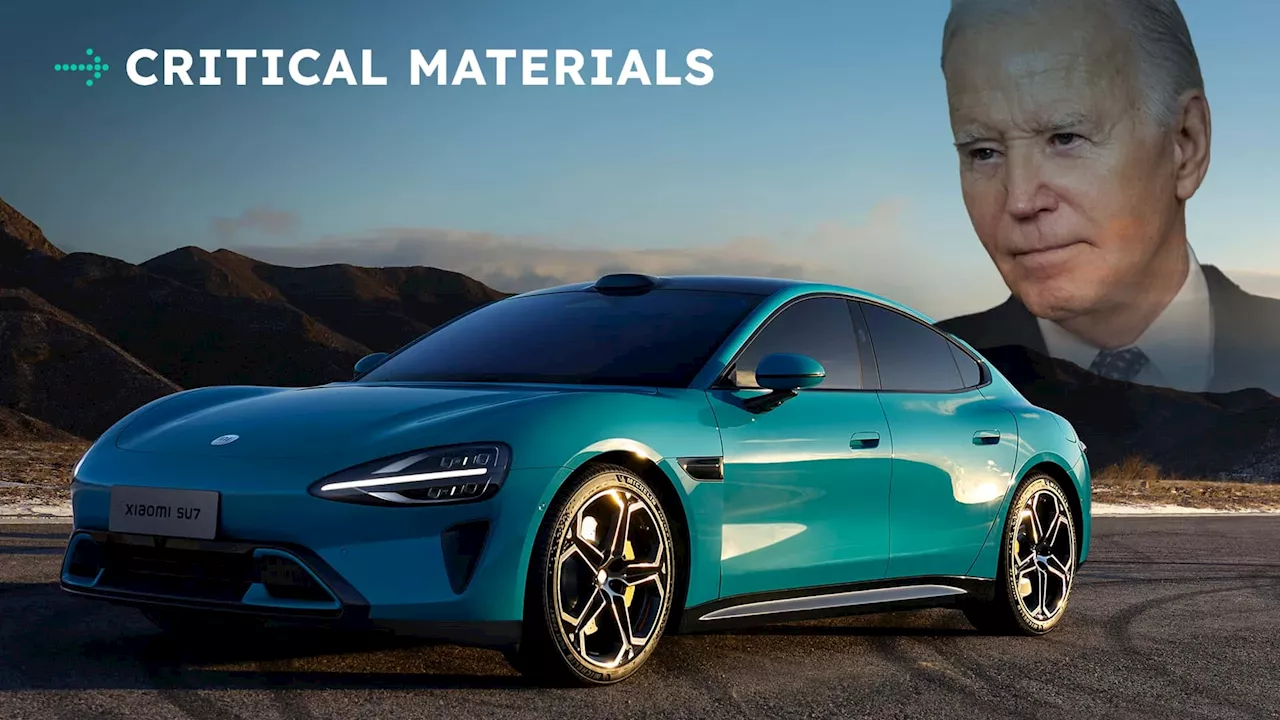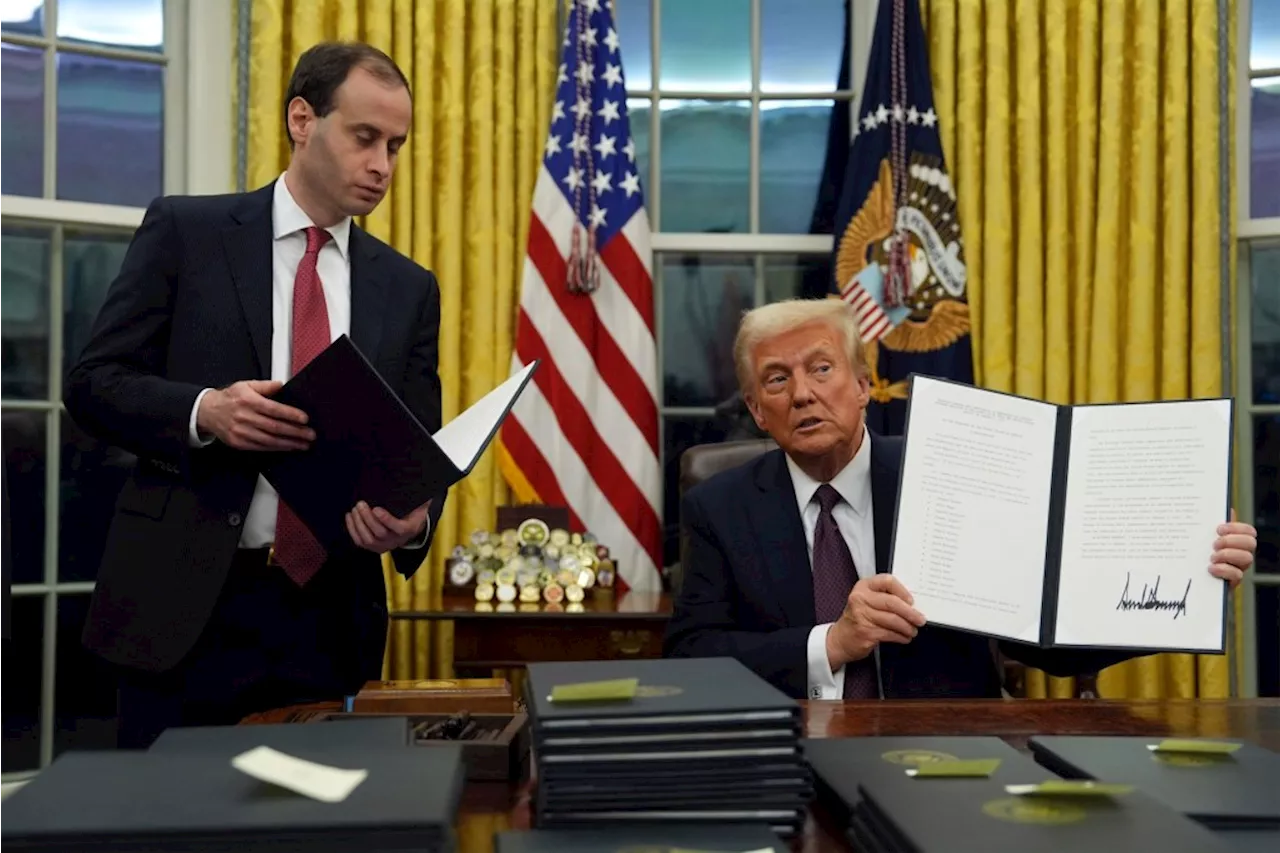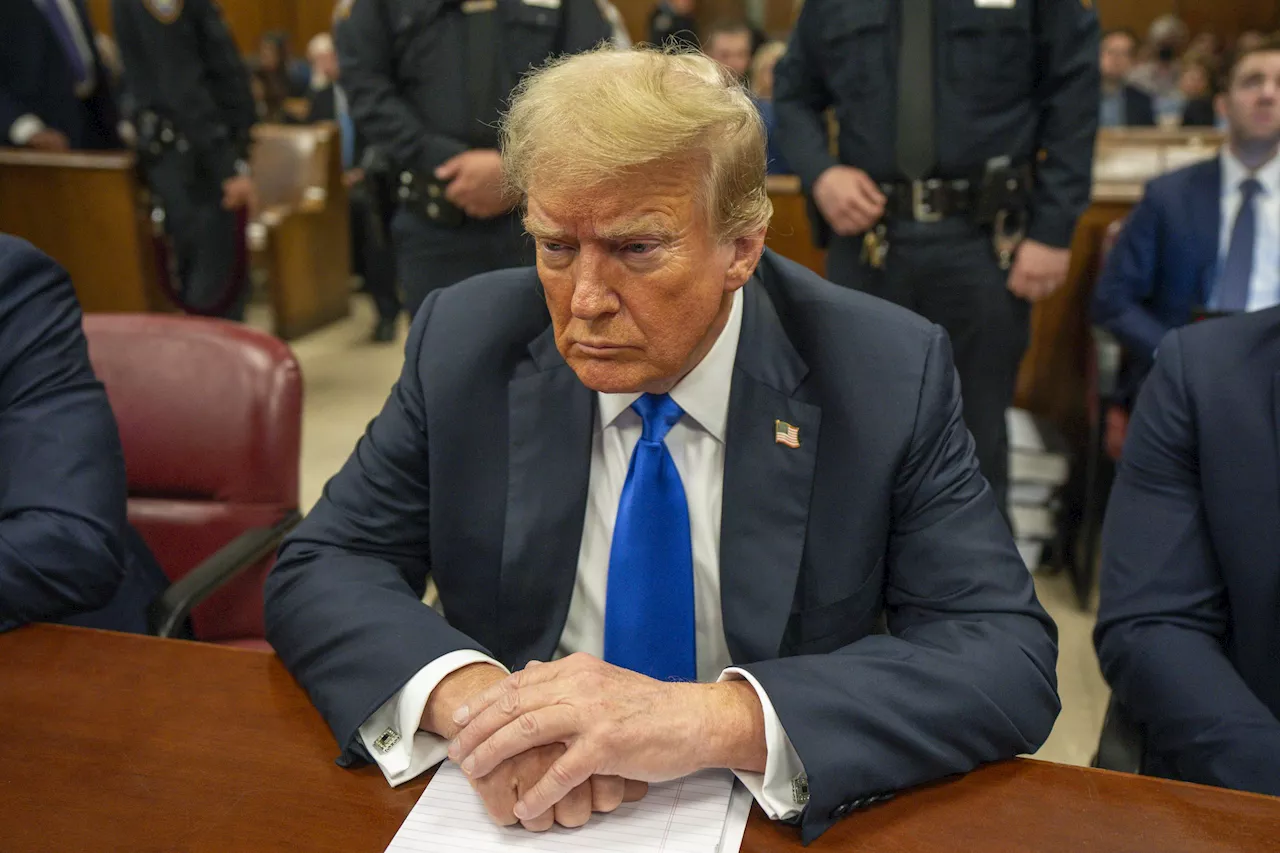President Trump has outlined a new direction for electric vehicle policy in the United States, reversing several key initiatives implemented by the Biden administration. While the core objective of reducing reliance on fossil fuels remains, the Trump administration's approach prioritizes deregulation and market forces over government intervention.
President Trump has laid out a new course for electric vehicle policy in the U.S. While the direction is clear, the specifics remain shrouded in ambiguity. The Biden administration actively promoted electric vehicles through a multifaceted approach encompassing various policies, which the Trump administration is currently dismantling.
In the summer of 2021, before a display of union-made electric vehicles parked outside the White House, then-President Joe Biden unveiled an ambitious target: by 2035, 50% of new vehicles sold in the U.S. would be battery-powered. Trump's stated aim is to revoke this electric vehicle mandate, asserting that it would safeguard America's auto industry and uphold his commitment to American auto workers. He framed it as giving consumers the freedom to choose the car they desire. However, it's crucial to note that this target, on its own, lacked enforceable power. It served as a symbolic indicator for other policies with more tangible effects. Similarly, Trump's removal of the target does not immediately alter the current landscape. Consumer tax credits remain accessible; state mandates and federal emissions regulations are still in effect. This is because an executive action, in isolation, cannot nullify or supersede existing laws. Trump characterized the target as the 'electric vehicle mandate.' While the federal government does not directly compel the sale of electric vehicles, Republicans contend that regulations aimed at reducing vehicle emissions effectively function as mandates because automakers would face substantial costs if they did not increase EV sales. Part of Trump's strategy involves revising these regulations, particularly emissions standards set by the Environmental Protection Agency (EPA) and fuel economy requirements from the National Highway Traffic Safety Administration (NHTSA). These regulations currently incentivize companies to produce more EVs than they otherwise would. However, before any regulatory adjustments can occur, an agency must propose modifications. This process necessitates mandatory public comment periods, and the agencies are obligated to incorporate public feedback into any subsequent changes. This implies that it will take at least a few months for any alterations to take effect.However, Stephanie Brinley, associate director of AutoIntelligence at S&P Global Mobility, believes the process will be significantly faster compared to the first Trump administration, where it took over two years to implement changes. She attributes this expedited timeline to the Trump administration's team possessing a deeper understanding of the intricacies involved this time around. The Trump administration has also criticized subsidies and incentives, such as federal tax breaks, that encourage the sale and domestic production of EVs, labeling them as market distortions. Notably, these criticisms do not directly affect the availability of EV tax credits; altering them would require an act of Congress. However, both the House and Senate are currently under Republican control, and they are eager to explore ways to reduce spending to offset the substantial tax cuts that Trump has promised. Eliminating EV incentives could potentially contribute to this fiscal goal.The Biden administration consistently sought to link climate action with U.S. job creation, partly to cultivate a more robust coalition supporting clean energy. This strategy is now facing a crucial test as conservative lawmakers weigh their aversion to tax credits against the local jobs that these credits have helped generate. For instance, Rep. John James of Michigan, a Republican and a vocal critic of Biden's EV policies, recently celebrated the termination of 'EV mandates.' However, he urged the House of Representatives to proceed cautiously when it came to rolling back manufacturing and energy tax credits, emphasizing that job creators in his district and across the nation rely on them. James echoed a sentiment frequently expressed by Republican lawmakers regarding the Inflation Reduction Act, the Biden administration's flagship climate legislation, calling for a 'scalpel' rather than a 'sledgehammer or chainsaw' approach to dismantling it.Some of Trump's initial executive orders have tangible implications for the EV industry. He has, for example, halted the disbursement of funds earmarked for building new EV chargers. This action has implications for ongoing projects, as the Biden administration prioritized expediting the release of funds before the end of its term to ensure projects could commence. According to Atlas Public Policy, which tracks EV-related incentives, approximately two-thirds of federal funds for highway chargers have been allocated to states, and 72% of grants for community chargers have been awarded. While some of this money has already been spent, a portion has been pledged but not yet delivered. The extent to which Trump can block these funds remains a legal question that will ultimately be decided by the courts, says Levi McAllister, a partner at the law firm Morgan Lewis and head of its EV working group.
Electric Vehicles EV Policy Trump Administration Biden Administration Regulations Subsidies Greenhouse Gas Emissions Clean Energy
United States Latest News, United States Headlines
Similar News:You can also read news stories similar to this one that we have collected from other news sources.
 Biden, Trump respond to deadly New Year's Day attack in New OrleansBiden said the 'horrific' incident is being investigated as an act of terrorism.
Biden, Trump respond to deadly New Year's Day attack in New OrleansBiden said the 'horrific' incident is being investigated as an act of terrorism.
Read more »
 Biden’s Final Crackdown On Chinese Cars Sets Up A Trump EV ShowdownToday on Critical Materials: Biden readies final EV crackdown, Nvidia's China presence is in danger, and Biden rushes through $635 in EV charger grants.
Biden’s Final Crackdown On Chinese Cars Sets Up A Trump EV ShowdownToday on Critical Materials: Biden readies final EV crackdown, Nvidia's China presence is in danger, and Biden rushes through $635 in EV charger grants.
Read more »
 Trump sets out to erase Biden’s legacy with pardons and orders immediately after taking officeThe pardons fulfill Trump’s promise to release supporters who tried to help him overturn his election defeat.
Trump sets out to erase Biden’s legacy with pardons and orders immediately after taking officeThe pardons fulfill Trump’s promise to release supporters who tried to help him overturn his election defeat.
Read more »
 Biden Sets Record for Land and Water Protection with Two New California MonumentsPresident Biden expands protected lands and waters to a record 674 million acres, establishing two new national monuments in California. The Sáttítla Highlands National Monument, encompassing over 224,000 acres, features ancestral lands of indigenous tribes and a unique lava tube system. The Chuckwalla National Monument, covering 624,000 acres, safeguards sacred sites and diverse wildlife.
Biden Sets Record for Land and Water Protection with Two New California MonumentsPresident Biden expands protected lands and waters to a record 674 million acres, establishing two new national monuments in California. The Sáttítla Highlands National Monument, encompassing over 224,000 acres, features ancestral lands of indigenous tribes and a unique lava tube system. The Chuckwalla National Monument, covering 624,000 acres, safeguards sacred sites and diverse wildlife.
Read more »
 Biden Administration Sets New Cybersecurity Standards for Government ContractorsThe Biden administration issued an executive order requiring companies doing business with the U.S. government to meet new cybersecurity standards. The order also mandates greater transparency from software providers regarding their development processes. The goal is to strengthen America's digital infrastructure and protect against cyberattacks which have increasingly disrupted federal agencies and private companies.
Biden Administration Sets New Cybersecurity Standards for Government ContractorsThe Biden administration issued an executive order requiring companies doing business with the U.S. government to meet new cybersecurity standards. The order also mandates greater transparency from software providers regarding their development processes. The goal is to strengthen America's digital infrastructure and protect against cyberattacks which have increasingly disrupted federal agencies and private companies.
Read more »
 Trump Hush Money Trial: Judge Rejects Trump's Arguments, Sets Stage for Potential Legal BattleA New York court rejected several of Donald Trump's arguments in his hush money trial, paving the way for a potential legal showdown. While Trump faces an 'unconditional discharge' with no jail time, the sentencing could still lead to him being labeled a convicted felon. The judge criticized Trump's past conduct and rhetoric towards the judicial system, leading to accusations of intimidation against Trump's legal team.
Trump Hush Money Trial: Judge Rejects Trump's Arguments, Sets Stage for Potential Legal BattleA New York court rejected several of Donald Trump's arguments in his hush money trial, paving the way for a potential legal showdown. While Trump faces an 'unconditional discharge' with no jail time, the sentencing could still lead to him being labeled a convicted felon. The judge criticized Trump's past conduct and rhetoric towards the judicial system, leading to accusations of intimidation against Trump's legal team.
Read more »
